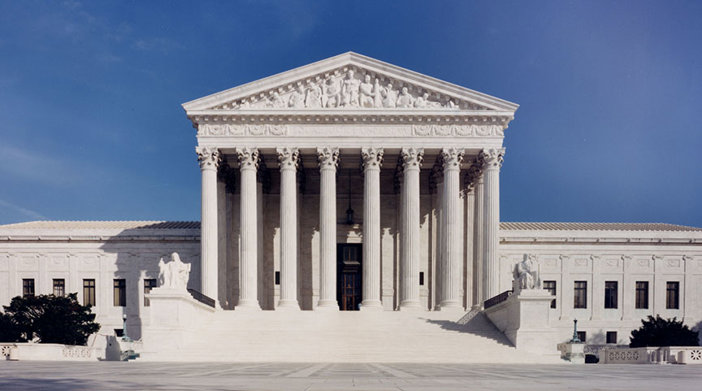
Supreme Court Declines AR-15 Ban Cases
Supreme Court declines to review AR-15 and magazine bans in Maryland and Rhode Island, sparking sharp dissent.
Justices Let State Gun Restrictions Stand
The U.S. Supreme Court on Monday declined to hear two high-profile cases challenging state bans on AR-15-style rifles and high-capacity magazines in Maryland and Rhode Island. The move leaves in place lower court decisions that upheld the bans, sparking pointed dissents from three conservative justices.
In the Maryland case, the justices chose not to revisit a ruling by the 4th Circuit Court of Appeals, which held that restrictions on AR-15-style rifles align with the Second Amendment. The appellate court reasoned that allowing constitutional protection for weapons merely because of their popularity would undercut the government’s ability to regulate potentially dangerous arms.
Similarly, the Rhode Island case, which addressed limits on large-capacity magazines, was left undisturbed. Both laws had been upheld by lower courts despite arguments from gun rights advocates who claimed the measures infringed on core self-defense rights protected by the Constitution.
Justices Samuel Alito, Clarence Thomas, and Neil Gorsuch dissented from the majority’s decision not to take up the cases. In a written dissent, Justice Thomas criticized the court’s delay in addressing what he described as a vital constitutional question. “I would not wait to decide whether the government can ban the most popular rifle in America,” he wrote. “That question is of critical importance to tens of millions of law-abiding AR-15 owners throughout the country.”
Justice Brett Kavanaugh, while not joining the dissent, signaled his openness to future review. He stated that “this Court should and presumably will address the AR-15 issue soon.” Despite his remarks, the Court’s inaction on Monday means existing state-level regulations will remain in force for the foreseeable future.
Broader Implications for Second Amendment Jurisprudence
The cases were closely watched in light of ongoing national debate over gun rights and public safety. Critics of the bans argued that the Supreme Court’s refusal to intervene risks limiting the Second Amendment to only those firearms approved by state governments. Attorneys for the challengers warned that the Court has a duty to ensure the right to self-defense is not “truncated into a limited right to own certain state-approved means.”
The decision comes amid a wave of legal challenges to President Donald Trump’s broader policy agenda, with the Court expected to issue rulings in coming weeks on matters ranging from economic regulations to immigration enforcement.
While Monday’s order was unsigned and offered no explanation from the majority, the clear split among the justices highlights the growing urgency of defining constitutional boundaries in gun legislation. For now, states retain the power to regulate assault-style weapons and ammunition capacity—at least until the Court decides to weigh in directly.






